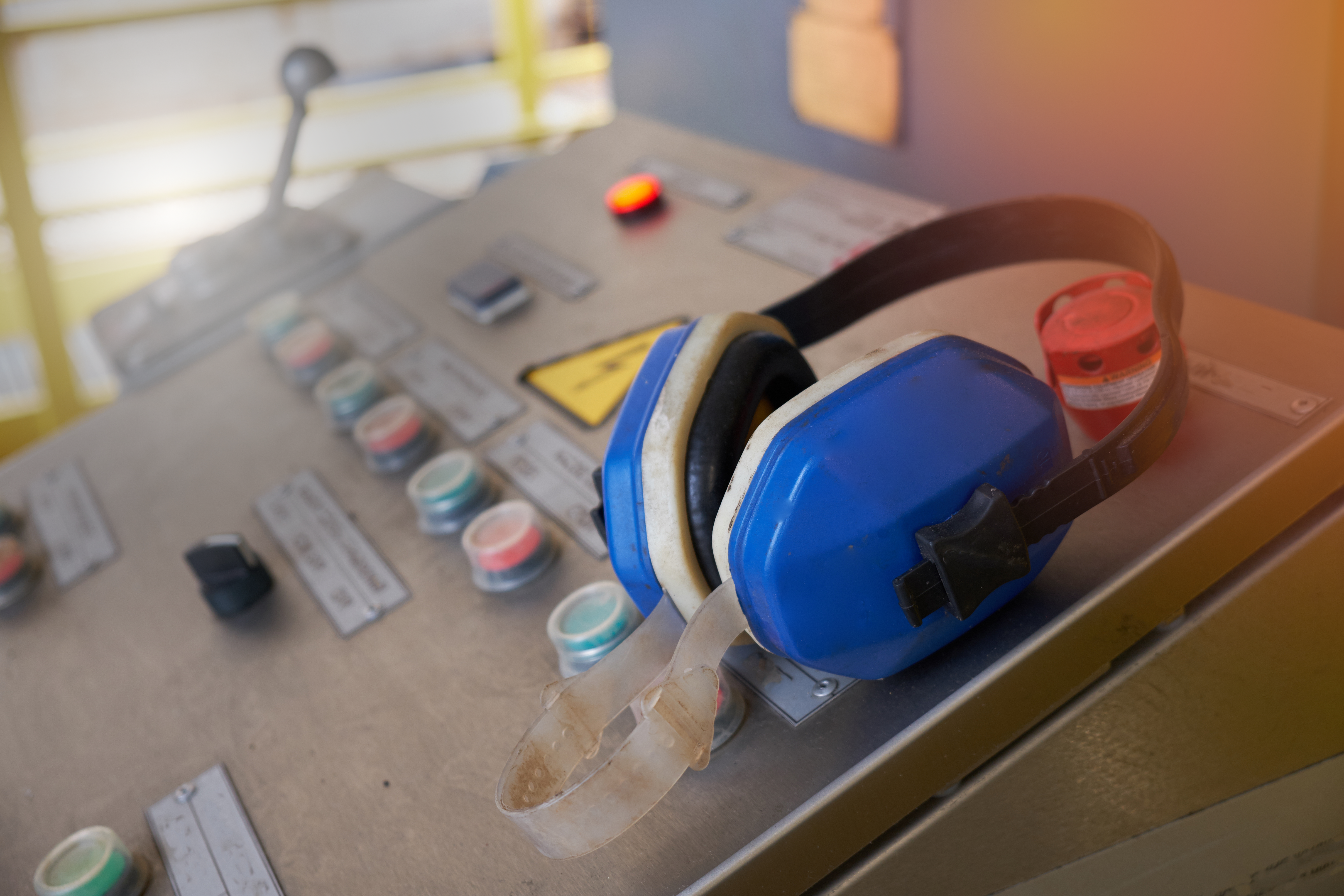
LISTEN UP! PROTECT YOUR HEARING.
To protect your hearing, use earplugs — and try to avoid loud noises. Noise (sound) is all around us — at school, at home, and all the places in between. It’s everywhere we go. But being around too much loud noise, like at concerts or fireworks shows, can make you lose your hearing — and once it’s gone, you can’t get it back.
Did you know?
- 5 in 10 young people (like you) listen to their music or other audio too loudly
- 4 in 10 young people (like you) are around dangerously loud noises during events like concerts and sports games
- 48 million people in the U.S. have trouble hearing with one (or both) of their ears
Loudness is measured in what’s called decibels (dB). Over time, any sound that’s 85 decibels or higher can cause hearing loss — or other hearing problems, like tinnitus (a ringing sound in your ears that won’t go away). The louder a sound is, and the longer you listen to it, the more it can damage your hearing.
How many decibels is the sound?
- Whispering- 30dB
- Refrigerator- 40dB
- Dishwasher- 45-60dB
- Conversation- 65-80dB
- Lawnmower- 80-100dB
- Movie Theater- 70-104dB
- Motorcycle- 80-110dB
- Sports Event- 94-110dB
- Headphones- 96-110dB
- Rock Concert- 95-115dB
- Sirens- 110-130dB
- Fireworks- 140-160dB
Inside your ear, there are lots of tiny fibers that help you hear. Over time, loud noise can damage these fibers — and once they’re damaged, they can’t ever be fixed
That’s why it’s so important to start protecting your ears now, while you’re young.
Most people don’t feel any warning signs (like pain or ringing in your ears) until their hearing is already damaged. And if you think your ears can just get used to the noise, think again. If loud noises don’t bother you as much as they used to, that means you’ve already lost some of your hearing
So how can you tell when a noise is hurting your hearing? If there’s so much noise around you that you need to talk extra loud when your friends are only a few feet away, it’s probably hurting your hearing. Time to bring out the earplugs — or go somewhere quieter! For concerts and sporting events, they have earplugs that filter out the dangerous decibels while preserving the overall sound, so you can listen more safely.
At work, make sure your employer provides hearing protecting (earplugs or headphones) if you’re operating around noisy machinery or tools.
Don’t wait until it’s too late. Start protecting your hearing now!
*info from the CDC
More News From Heritage
-
1/31/25
January Community Engagement Initiative: Home/Work Energy Reduction
Learn about our January community engagement initiative
-
1/29/25
Heritage Environmental Services Announces Chris Ebeling as Chief Commercial Officer
Heritage Environmental Services announced today that Chris Ebeling will join the organization as Chief Commercial Officer.
-
1/28/25
Heritage Environmental Services Addresses Industry Challenges with New State-of-the-Art Shredder
Heritage Environmental Services announced a new state-of-the-art shredding unit.
-
1/7/25
Navigating e-Manifest: What You Need to Know About Hazardous Waste Compliance
Learn about the e-Manifest Third Rule changes that begin January 22, 2025
-
12/23/24
Wreaths Across America 2024
This year, through collective effort and heartfelt generosity, we sponsored 727 wreaths and transported two truckloads of wreaths across the country.
-
12/2/24
Heritage Environmental Services Announces Rachel Evans as Chief Human Resources Officer
Heritage Environmental Services announced today that Rachel Evans will join the organization as Chief Human Resources Officer.
-
11/26/24
Honoring Teresa Wade: A Legacy of Dedication to Wreaths Across America
Celebrate Teresa Wade's legacy at Heritage Environmental and her dedication to Wreaths Across America. Learn her story and how you can honor veterans
-
11/14/24
Bright Futures Begin Lead-Free: Reducing Lead Exposure Together
Learn about lead decontamination, disposal processes, and join us in creating a lead-free future.








